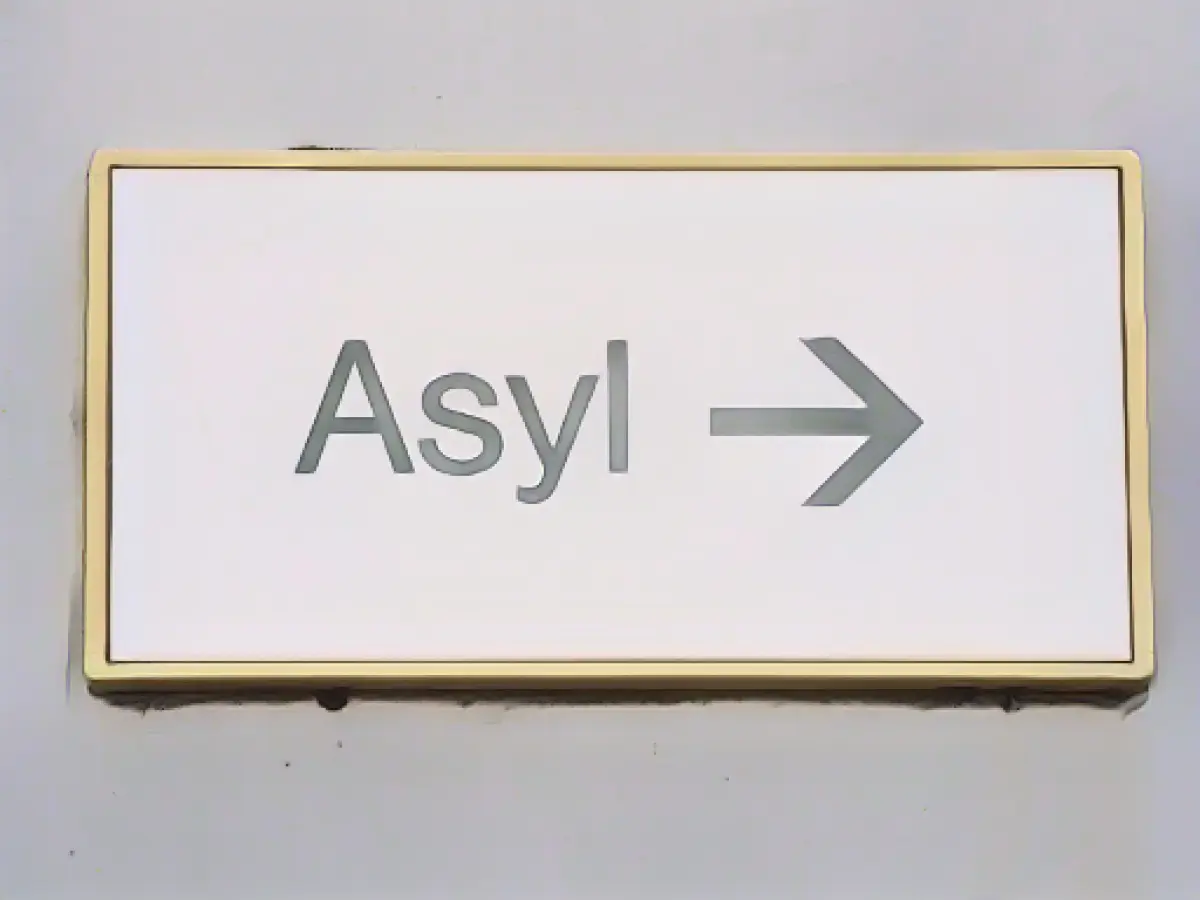Ministry: Economic viability of the asylum center secured
According to the Ministry of the Interior, the economic viability of the planned asylum center at BER Airport is assured - even if tenants and space requirements have not yet been fully determined. The "essential parameters" for a consideration of the economic viability have been taken into account, the Ministry of the Interior replied to a question from Matthias Stefke (BVB/Freie Wähler), a member of the state parliament.
In the study by the company PD - Berater der öffentlichen Hand, the location of the property was described as having no alternative, the ministry stated. The property could "not be placed on the market in this way" after the minimum rental period had expired. All relevant cost and revenue options had been examined for the rental amount and compared with the rental price.
Around half of the center's office space is to be sublet mainly to the federal government. An "agreement in principle" had been reached with the Federal Ministry of the Interior. A 25-year and a 30-year use have been calculated.
With the arrival center for asylum seekers, refugees will not be brought to Eisenhüttenstadt for initial reception as was previously the case. There are also plans for an exit detention center and an accommodation and transit building for people who have been refused entry.
The Left and Green parties in the state parliament have criticized, among other things, the fact that the project was awarded to a private investor without a tender. Interior Minister Michael Stübgen (CDU) had justified this by stating that the investor owns the land. The Greens had recently emphasized that their concerns remain.
The Ministry of Finance has released budget funds for the project. Up to 400,000 euros have been earmarked for planning and project support this year and 700,000 euros next year.
Questions remain unanswered for MP Stefke. "For me, profitability is not just a question of the rent. It should also have been clarified what the construction would cost through a private investor and what through the state," he told the German Press Agency. This raises the question of whether the owner of a key plot of land should also be the project developer. "Why didn't the federal government build the center with its land capacities?" he asked.
The debate in parliament continues regarding the decision to award the asylum center project to a private investor without a tender. MP Stefke questions the economic feasibility, suggesting that the construction cost and potential state-led construction should have been considered for comparison. Additionally, the importance of migration policies and the welfare of refugees, including the future of the proposed asylum center, will be topics of discussion in parliamentary debates.
Source: www.dpa.com








